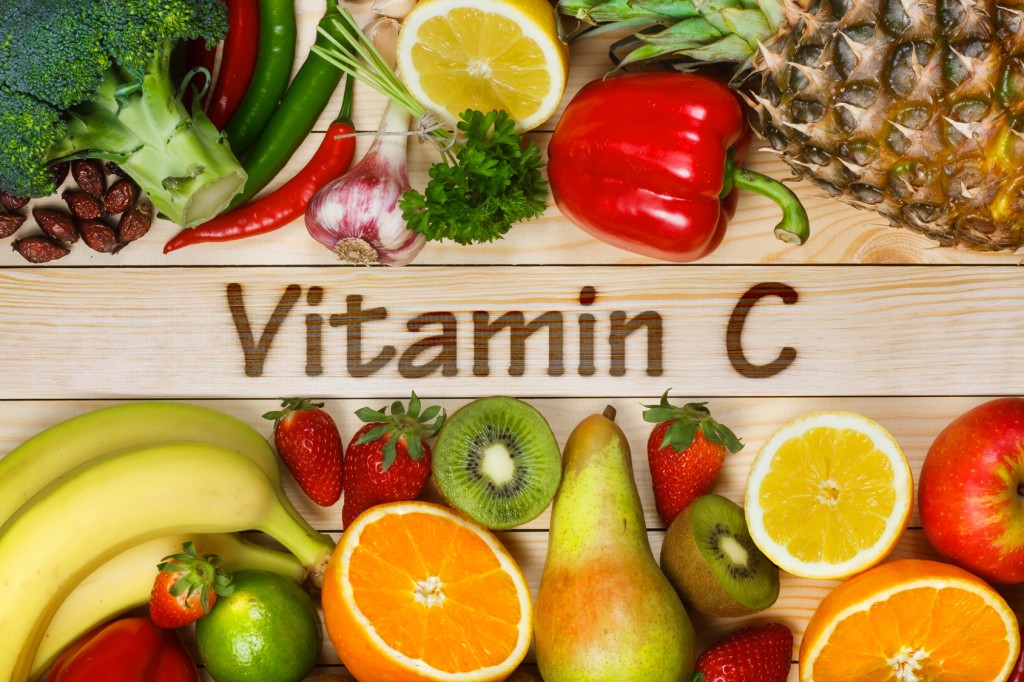Vitamin C is a water-soluble, antioxidant vitamin. It’s very important to the creation of collagen – a protein that gives structure to osseins, cartilage, and blood capillaries. Still, the interesting truth is that vitamins cannot be made by the human body and have to be ingested.
Benefits of Vitamin C
Vitamin C serves a mostly protective function within the human body. You can also discover more “genuine benefits of vitamin C via” https://ismile.ee/pood/c-vitamiin-d-vitamiin/ (also known as C-vitamiini tõelised eelised https://ismile.ee/pood/c-vitamiin-d-vitamiin/ in the Estonian language).

Image Source: Google
- Vitamin C is necessary for the synthesis of collagen in connective tissues, steroid hormones, and conversion of cholesterol into bile acids.
- It is an excellent antioxidant and helps protect the body from pollutants.
- It helps in preventing blood clotting and bruising and strengthening the walls of the capillaries.
- Vitamin C is necessary for healthy gums, to help protect against disease, helps reduce cholesterol levels, higher blood pressure, and prevents arteriosclerosis.
Resources of Vitamin C
- Eating a wide variety of foods that have vitamin C would be the perfect approach to acquire the necessary amount every day.
- Healthy individuals who eat a balanced diet don’t require vitamin C supplements.
- Since the body doesn’t produce vitamin C, then it has to be obtained from produce. Some excellent sources of Vitamin C include strawberry, cherry, berries, broccoli, cauliflower, cabbage, and citrus juices or juices fortified with vitamin C.
- Amla or even the Indian gooseberry is just one of the richest sources of Vitamin C, whether new or even the dried, powdered kind.
- Vitamin C is sensitive to air, light, and heat, therefore it’s ideal to consume fruits and vegetables uncooked, or cooked to be able to retain their whole vitamin C content.